Online casinos, accessible 24/7 from nearly anywhere, have radically transformed the gambling landscape. Their around-the-clock nature offers convenience but also introduces new risks—particularly during late-night hours when decision-making is impaired and social safeguards are often absent. Many responsible gaming advocates and addiction counselors now suggest a personal “No Solo Late-Night Online Casino” rule—a self-imposed boundary that can save players from costly regrets.
The Temptation and Hazards of Solo Late-Night Play
Solitude is a risk factor for unhealthy gambling habits, and the late-night context only amplifies the dangers. Disrupted sleep cycles, reduced self-control, and digital isolation can combine in ways that leave players vulnerable.
Why Late Nights Are Especially Risky
Research in behavioral psychology has consistently found that late hours coincide with lowered willpower. The brain’s prefrontal cortex, crucial for logical thinking and impulse control, is less effective when exhausted. As a result, nighttime players are more likely to make impulsive and larger bets, bypass loss limits, or fall into “chasing” losses.
Sleep deprivation doesn’t just undermine judgment—it increases emotional volatility. A study in the journal Nature Communications reported that tired individuals are more prone to risky decisions, and their regret after losses is intensified. In the quiet of night, without social cues or distractions, it’s easy for online gamblers to spiral into patterns that lead to financial loss and long-lasting remorse.
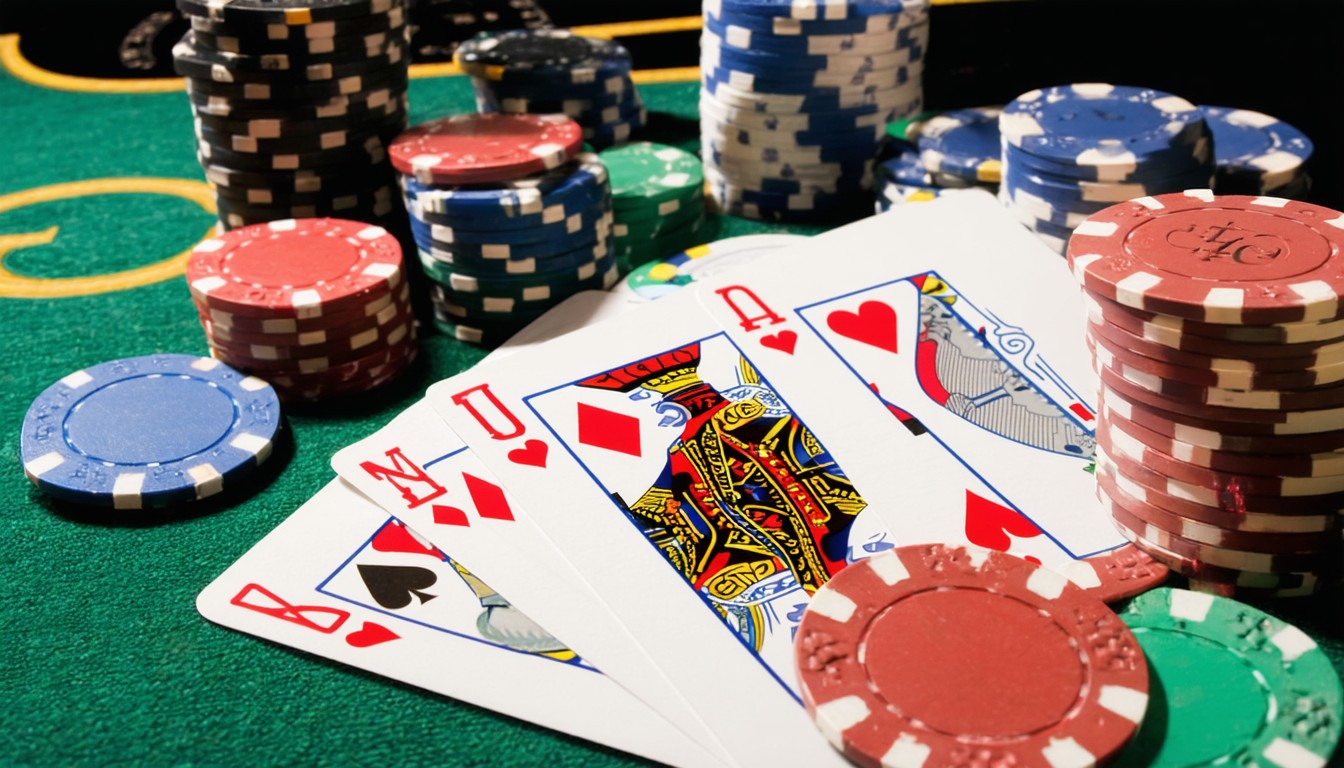
Real-World Examples: People Who Learned the Hard Way
Stories abound on gambling forums and in self-help groups about players who, lured by the illusion of a big win at 2 a.m., spent hours alone chasing losses. Some recount maxing out credit cards or draining savings accounts—decisions they insist they would never have made in daylight or in the company of others.
“Nighttime can feel like a bubble—no one can see what you’re doing, and every click is your secret. That’s when my worst decisions happened,” shares a former online casino regular who now advocates for responsible play.
How Social Presence Curbs Risky Behavior
One of the overlooked protective mechanisms against problematic gambling is the presence of others. Social environments—be it friends in-person or on a group chat—can foster accountability. When gambling is discussed openly or done with company, risky impulses are often checked.
The Psychology of Accountability
According to addiction specialists, peer presence provides a buffer against impulsivity. When you know someone can observe your choices—or even just ask about your night—it adds a subtle but powerful incentive to act within your limits. Furthermore, social gambling tends to derive more enjoyment from interaction than from financial stakes, making it less likely to veer into problematic territory.
Technology’s Double-Edged Sword
Online casinos are engineered for private engagement: headphones on, screen aglow, disconnection from the world. This privacy appeals to many but also removes the healthy friction provided by real-world safeguards—bartenders, friends, closing times. While many modern platforms offer self-exclusion tools and “time-out” features, these are underutilized when late-night sessions are solitary and impulsive.
The Cost of Regret: More Than Just Money
Financial loss is the most obvious consequence of late-night, unsupervised gambling. But the true costs are often much broader—encompassing emotional distress, sleep disruptions, and even relational damage.
Emotional and Mental Toll
Surveys suggest a significant share of problem gamblers report regret or self-loathing after solo sessions, especially those held late at night. This remorse can snowball into shame or anxiety, affecting relationships and day-to-day wellbeing.
Sleep, Productivity, and Daily Life
Gambling into the early morning doesn’t just drain wallets; it deprives players of restorative sleep. This can result in poor performance at work or school, irritability, memory problems, and a decline in overall quality of life.
Long-Term Financial Harm
One-off big losses are damaging, but many late-night players experience a pattern: incremental losses stacking up over time, often masked by tired, irrational thinking and the absence of immediate consequences. It’s only with daybreak that the magnitude of mistakes becomes clear.
Building a Healthy Boundary: Implementing the Rule
Instituting a “No Solo Late-Night Online Casino” rule requires proactivity and honest self-assessment.
Practical Steps for Safer Play
- Set Time-Based Boundaries: Commit to logging out before a specific evening hour.
- Involve Others: Share your intentions with friends or family—accountability amplifies resolve.
- Use Platform Tools: Many sites offer deposit, loss, or session limits. Set them up ahead of time.
- Schedule Other Activities: Replace late-night slots with healthier routines (reading, meditation, or digital detoxing).
When to Seek Support
For those finding it difficult to enforce personal rules, counseling or helplines can provide structured assistance. Many regions offer anonymous, judgment-free support services tailored to digital gambling issues.
“Setting a clear, personal rule about when and how you gamble is one of the most underrated ways to protect yourself. The brain craves routine—use it to your advantage,” says Dr. Eva Mandel, a clinical psychologist specializing in addictive behaviors.
Case Study: A Life Changed by a Simple Rule
Consider the story of Luke, a London-based software engineer. After a series of late-night online casino sessions led to mounting debt and emotional distress, he instituted a strict cut-off: no gambling after 9 p.m., and always while chatting with a close friend. Within a few months, his spending flattened, his sleep improved, and he rekindled healthy relationships. Luke credits this deliberate boundary with restoring balance and minimizing regret:
“The rule changed everything. I realized my worst decisions never happened in daylight or with friends in the loop.”
Conclusion: The Rule as a Lifeline
The “No Solo Late-Night Online Casino” rule isn’t about denying enjoyment—it’s about preserving control, minimizing risk, and saving future regret. By recognizing the interplay between tired minds, isolation, and digital temptation, players empower themselves to make gambling a recreational pastime—not a source of remorse. Anyone looking to enjoy online casinos, while keeping their financial and mental health intact, would be wise to set—and keep—this essential boundary.
FAQs
Why is gambling late at night riskier than during the day?
Late-night gambling heightens risk because fatigue, loneliness, and reduced self-control make poor decisions more likely. Without the natural boundaries of daytime structure and social presence, players may bet more than they intend and regret it later.
How does being alone change online gambling decisions?
Solitude removes important social safeguards. When alone, individuals are less likely to consider long-term consequences, leading to impulsive bets and escalating losses, especially when tired or emotional.
Can tools on casino websites help avoid late-night mistakes?
Many online casinos offer self-imposed deposit or time limits, and some even let players block access during certain hours. While helpful, these tools are most effective when aligned with personal boundaries and accountability.
What are signs that late-night gambling is becoming a problem?
Repeated loss of sleep, growing financial strain, secrecy, or feelings of regret after solo late-night sessions are warning signs. If these patterns persist, it may be time to re-examine habits or seek help.
Are there healthier alternatives to late-night online gambling?
Yes—engaging in relaxing activities like reading, listening to music, or talking with friends can replace late-night sessions and improve sleep and wellbeing. Developing a consistent bedtime routine also fosters healthier habits.
Where can someone get help for online gambling issues?
Confidential support is available via helplines, online forums, and counseling services specializing in gambling problems. Many resources offer advice and non-judgmental assistance tailored to digital gambling and related challenges.


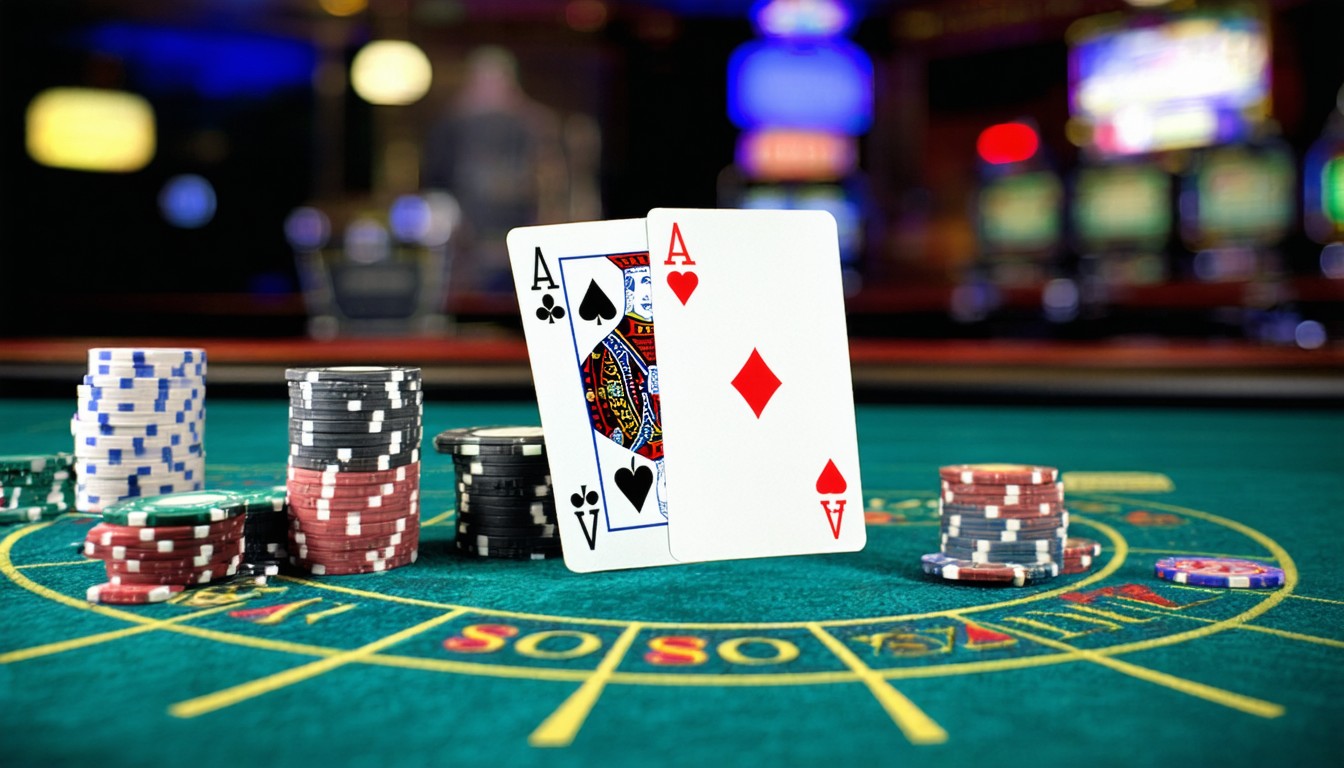

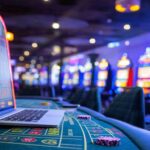
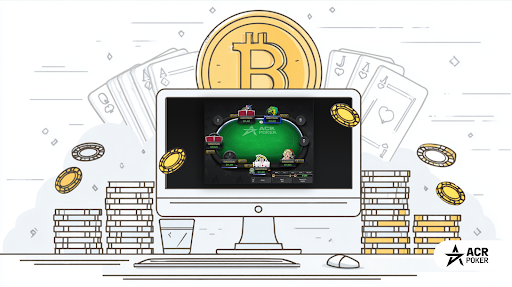



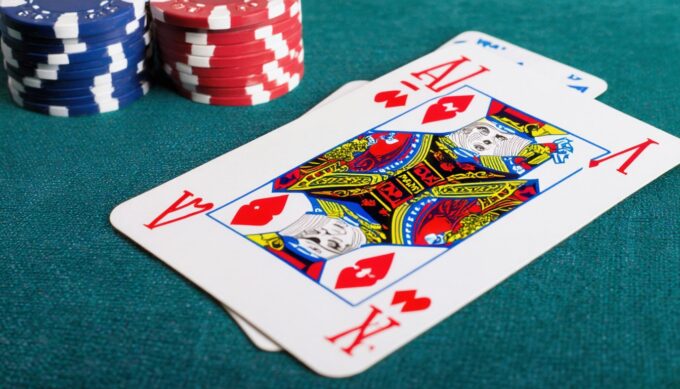
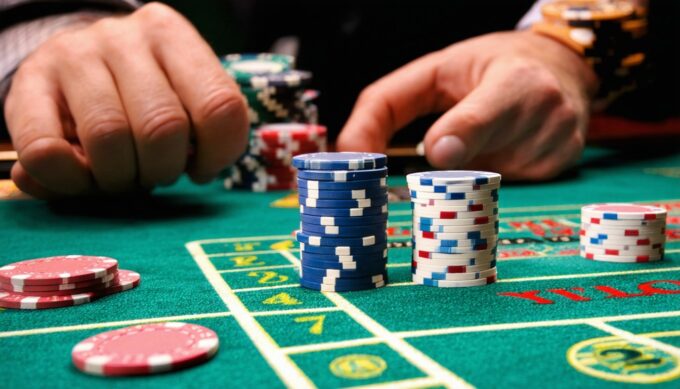
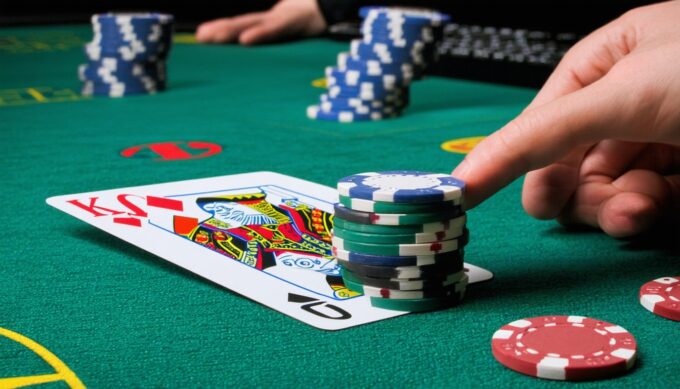

Leave a comment